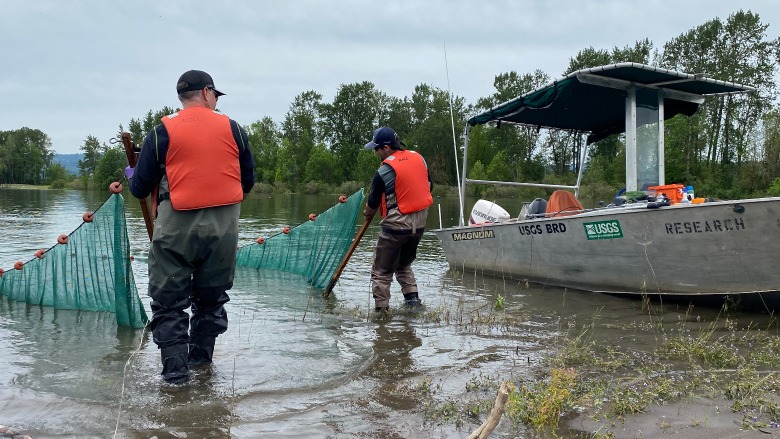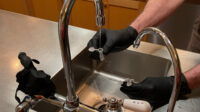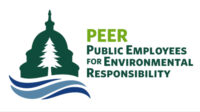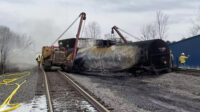Judge rules against 'reprisal culture' at USGS lab
The investigation shows Western Fisheries Research Center unfairly retaliated against a scientist with wrongful termination.

A federal judge has ruled that actions taken against a U.S. Geological Survey scientist constituted illegal retaliation for her repeated reports of dangerous biosafety breaches at a wildlife disease laboratory, according to the ruling posted today by Public Employees for Environmental Responsibility (PEER). This case is part of an ongoing pattern of scientific integrity failures at USGS labs.
In his ruling, Franklin Kang, an administrative judge for the civil service tribunal, the U.S. Merit Systems Protection Board, ruled that Eveline (Evi) Emmenegger, a microbiologist who managed the highest biosafety level containment laboratory at USGS’ Seattle-based Western Fisheries Research Center (WFRC), had been improperly terminated in violation of the Whistleblower Protection Act. That ruling entitles her to collect damages and would have entitled her to reinstatement if she had not already been reinstated due to other errors in the removal action.
Emmenegger has worked at the WFRC for nearly 30 years with excellent job performance ratings until she filed official reports documenting releases and other breakdowns involving dangerous viruses and other pathogens from the labs with the highest biosecurity classifications. For example, throughout one six-month period the WFRC had released large amounts of potentially pathogen-laced wastewater into the wetland adjoining popular Lake Washington, the Seattle region’s most heavily used water body.
Rather than fix the problems that Emmenegger raised, the WFRC management acted to prevent further reports as part of an escalating campaign against the scientist, culminating in a botched attempt to fire her. That dismissal had to be rescinded. Today’s ruling finds that Ms. Emmenegger’s firing was also illegal whistleblower retaliation.
“This case documents the incredible ordeal this U.S. Geological Survey scientist had to endure for blowing the whistle on breakdowns that threaten public health, the welfare of the research animals, and the integrity of resulting scientific work,” says PEER General Counsel Paula Dinerstein, who led Emmenegger’s legal team. “Under current USGS leadership, scientists must risk their entire careers to identify biosafety problems.”
Ironically, the judge ruled that USGS did not have a legal obligation to restore Emmenegger as lab manager or to membership on internal committees charged with reviewing biosafety and animal welfare facets of the research. As a result, her access to the biosecurity lab facilities and her ability to report problems has been greatly curtailed.
This ruling comes in the wake of a scathing audit of USGS’ National Water Quality Laboratory in Lakewood, Colorado. It also follows the revelation that the USGS National Wildlife Health Center in Madison, Wisconsin, is finally taking steps toward independent accreditation following years of similar staff complaints about animal care deficiencies and breaches of biosecurity.
“U.S. Geological Survey labs desperately need a safe channel for scientists to report problems,” adds Dinerstein, pointing out that the CDC, EPA, FDA, and other federal agencies with animal labs all have independent accreditation. “Evi’s experience is exhibit A on the need for all of these labs to be independently accredited.”



